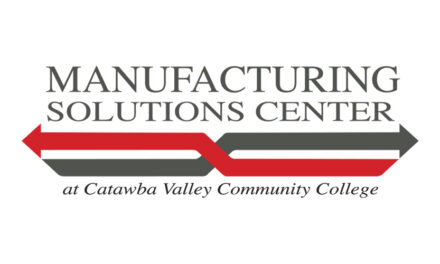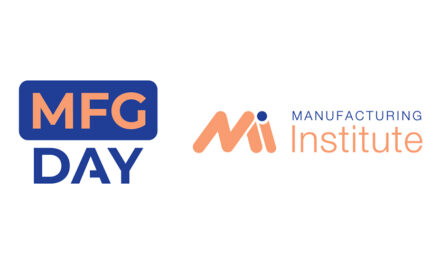Manufacturing. It has been the backbone of North Carolina’s economy since the 1880’s when textile mills began to flourish in the state. After the Civil War, the owner of the modern day Charlotte Observer, D. A. Tompkins, served as a spokesperson for the New South movement. He was an influential engineer, mill designer and manufacturer who advocated industrialization as a way to revitalize the state’s post-reconstruction economy. He used his paper as a platform to crusade for the development of mill villages across the state.
NC Great for Business—Even Early On
The early textile mills were typically located near bodies of water, harnessing the energy of river currents, using water wheels spun by rivers to process the cloth. By the end of the century, however, more mills began to supplement water power with steam engines. Textile mills could now be located at sites on the railroad lines, thus reducing the cost of bringing raw materials in and hauling finished materials out. No longer were they dependent on utilizing wagons to move their goods over poor roads.
In 1899, North Carolina boasted of 177 textile mills, employing 30,273 workers. That would all change quickly. In 1923, just 24 years later, 351 mills were located in North Carolina, employing 81,041 workers, producing $326.5 million in goods. By 1929, North Carolina led the South in textile production and began to steal market share away from factories in New England. Around the same time, furniture manufacturing in the state was also on the rise. Soon, tobacco, textiles and furniture became the “big three” manufacturing sub-sectors that would dominate the state’s economy and leadership for decades.
Many Global Brands Call NC Home
Over the years, the original “big three” have declined and no longer employ the number of workers they once did. As a result, North Carolina’s economic re-make has had to be diverse; I believe the state’s manufacturing legacy, in part, has helped contribute to the rise in new sub-sectors dominating the NC manufacturing landscape.
Today there are 7,763 manufacturing organization in North Carolina, accounting for 19.04% of the total output in the state. Manufacturers employ 10.56% of the state’s total workforce. Total output from manufacturing was a whopping $102.48 billion in 2017.
Chemicals, food processing, pharmaceutical, computer and electronic products manufacturing are new leaders in North Carolina’s manufacturing economy. Although the state doesn’t have a vehicle assembly plant, we do have a sizable vehicle parts industry as well as aerospace and other transportation equipment manufacturing.
NC Accumulates Impressive Accolades—Time and Time Again
North Carolina consistently ranks high in prestigious lists and reports—Forbes 2018 Best State for Business and most recently Site Selection Group’s Best States for Manufacturing in 2019, just to name a few. So, how do we do it? What makes North Carolina a great state for manufacturing? It’s complex. It takes a combination of factors, like an existing industrial base, the availability of talent, outstanding work force development programs, utility costs, infrastructure, investment incentives and favorable tax and regulatory environments, to name a few.
Unparalleled Education System Graduates Thousands into NC Workforce Each Year
Nothing is more important to a company’s success than its workforce. More than 474,000 North Carolinians work in the state’s manufacturing sector and our community colleges and universities are among the nation’s top producers of STEM graduates—22,500 per year. We are home to 53 colleges and universities and 58 community colleges state-wide. In fact, it is estimated that every North Carolina resident lives within a 30-minute drive of a community college, making high-quality, advanced vocational and technical education accessible to everyone.
Our community college system offers a free, highly regarded, customized job training and recruiting program for new and expanding businesses. Called NCWorks, the program offers comprehensive training support—ranging from an extensive directory of established programs to customized curricula tailored to address an organization’s unique business needs.
Lowest US Corporate Income Tax Fuels NC Manufacturing Growth
Our corporate income tax rate is one of the lowest in the country—at 2.5 percent, it highlights the state’s commitment to helping new businesses put roots down here and grow. We have an unparalleled multi-modal transportation system— giving manufacturers the ability to move their product anywhere in the world. We offer four international airports, two deep water seaports and a strong rail system that enhances our supply chain advantages. We also have the second-largest state-owned highway system in the nation, consisting of more than 90,000 miles of road with easy access to some of the country’s most important transportation corridors.
And the list goes on. And on.
An Invitation to Innovation
North Carolina has a strong legacy in manufacturing dating back to the 1880’s. The sector remains a key force in our economy. I believe we have shown the world we have the ability to attract advanced manufacturers to our state, who in turn, have the expertise to produce technologically innovative and high-quality products that set global industry standards. Site Selection Group’s most recent inclusion of North Carolina as one of the Best States for Manufacturing in 2019 just confirms that fact.
Sources
NC Department of Commerce, North Carolina Business History, National Association of Manufacturers
About the Author
Teresa Bradford serves in a dual role as marketing director for NC State Industry Expansion Solutions (IES) and the North Carolina Manufacturing Extension Partnership (NCMEP). In her current role at IES, the extension service of NC State’s College of Engineering, Teresa directs all external and internal marketing communications and provides oversight of the North Carolina Awards for Excellence (NCAfE) program. She serves in a similar role for NCMEP, the official representative of the MEP National Network™ and NIST MEP in North Carolina. NCMEP is a unique public-private partnership that delivers comprehensive, proven solutions to NC manufacturers, fueling growth and advancing NC manufacturing.
She brings more than two decades of diverse corporate marketing and communications experience to both organizations, including marketing leadership roles at IBM and DuPont. In her early career, Teresa was an English and Journalism instructor in Wake and Vance County Schools.
Teresa has BA in broadcast journalism/public relations from the Ohio State University and a BS in education from the Ohio State University.













